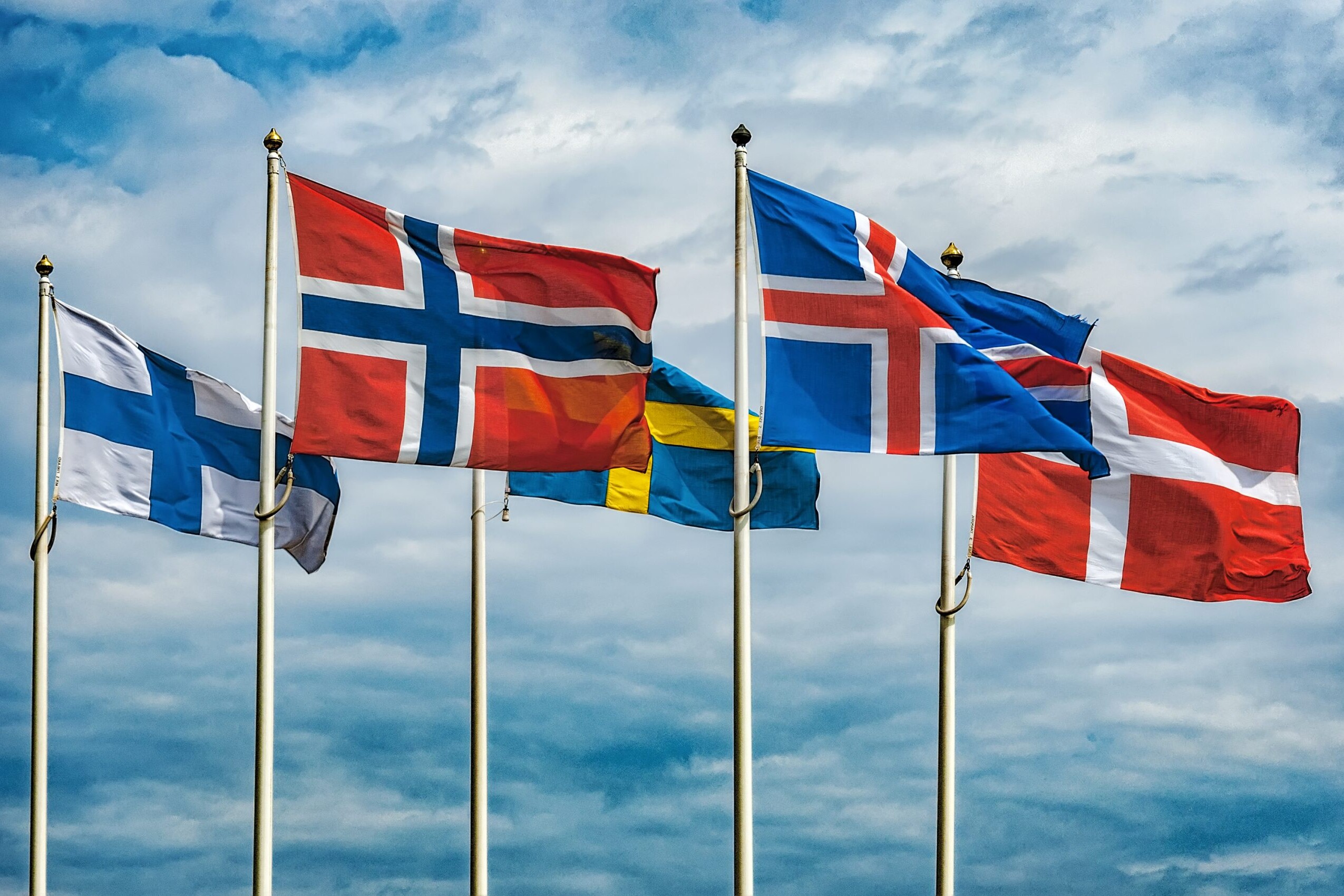The Finnish Parliament has approved an amendment to the Yle Act that imposes restrictions on its online textual content. In response, the public media organisation has voiced concerns about ongoing threats to public media in Europe.
From later this year, the majority of text-only articles published online by the Finnish Broadcasting Company (Yle) will have to be accompanied by audio or audio-visual content. This is according to a law amendment approved by the Finnish parliament on 1 March.
The changes will not apply to rapidly evolving news situations, content related to culture or educational materials, or articles in Sámi, Romani, or other minority languages. However, all other textual content must be accompanied by moving image or sound under the amendment to section 7 of the Act on Yleisradio Oy. Section 7 defines Yle’s public service remit.
Tässä maailmanajassa ja keskellä eurooppalaisen turvallisuuden murrosta tuntuu erityisen raskaalta kaikille avoimen julkisen median rajoituspyrkimykset.
Eduskunta teki tässä parhaansa. Yle kunnioittaa sitä ja lupaa hoitaa oman tonttinsa #sananvapaus https://t.co/FIDtY2H11F— Merja Ylä-Anttila (@merjaya) March 1, 2022
The decision was initiated by a state aid complaint lodged by the Finnish Media Federation – a conglomerate of commercial media companies – with the European Commission in 2017. The Federation questioned the legality of Yle using public funds to produce text-only content and bemoaned its unfair advantage in drawing in audiences. In 2020, following an investigation into Yle’s operations, the Commission called for an amendment into Finland’s Broadcasting Act. In response to this ruling, the Finnish government announced its proposal to amend section 7 of the Act, and to clarify the definition of Yle’s public service remit under EU state aid regulations.
Last year, another complaint was filed with the European Commission by Sanoma, Finland’s largest commercial media company, to try and limit offerings on Yle’s online service, Yle Areena. Finland is still awaiting a response from the Commission.
Read more: Focus on PSM: Yle
Merja Ylä-Anttila, Yle’s CEO, has maintained that Yle’s text-based offering is an important part of its public service remit to ensure equal access to all citizens, including those who may be hard of hearing, have language difficulties, or need information provided in a different language. It is also important for strengthening media pluralism and diversity by ensuring that a range of media organisations can publish text-based content. Reacting to parliament’s decision last week, Ms Ylä-Anttila said, “We already comply very well with the requirement of law to include text in video or audio content. We have emphasised the role of video, audio and entirely new forms of content in our digital services. The yle.fi -service is a good example of this.”
“There is an ongoing attack in Europe against public service media. In the background there are currents related to populism but also the powerlessness of the commercial media companies against the global platform giants. When you are helpless against the global opponents, you will try to secure your own business by attacking against the national public service companies.” Jouko Jokinen, Yle Director of News and Current Affairs
In the past year, Yle has increased the use of video and audio content with text. “We would have done that even without the amendment of the law”, said Jouko Jokinen, Yle’s Director of News and Current Affairs. “During spring we will investigate carefully what kind of adjustments we need to do to our content and journalism.”
While Yle does not believe that the changes will be “very big”, there is the underlying threat that commercial media companies may still be dissatisfied with the outcome of the amendment and will continue a complaints process with the European Commission.
“There is an ongoing attack in Europe against public service media. In the background there are currents related to populism but also the powerlessness of the commercial media companies against the global platform giants. When you are helpless against the global opponents, you will try to secure your own business by attacking against the national public service companies,” Mr Jokinen told PMA.
Estonia’s public broadcaster, ERR, has been the subject of a similar complaint from private media outlets. The Estonian Association of Media Enterprises (EML) also filed a complaint to the European Commission about “unfair competition” from ERR, with regards to its online news services. EML claimed that ERR is not legally required to provide online news, which the private sector already provides.
Header Image: Helsinki, Finland – Pasilan linkkitorni, also known as Yle Transmission Tower. Credit: Lev Karavanov/iStock


